Apigenin (4′,5,7-trihydroxyflavone), a natural plant flavonoid, is the aglycon of some naturally occurring glycosides. Apigenin widely exists in the leaves and stems of tropical vegetables.
Apigenin, a known bioflavonoid, has exhibited various biological activities, including antioxidant, anti-inflammatory, ant-genotoxic, anti-allergic, neuroprotective, cardioprotective, and antimicrobial.
Food Sources of Apigenin
Apigenin is one of the nutrients that are abundantly present in green vegetables such as parsley, onions, maize, wheat sprouts, and in fruits such as grapefruit, oranges, and so on.
However, One of the most frequent sources of apigenin is celery (Apium graveolens), a marsh plant in the Apiaceae family cultivated as a vegetable since antiquity. Apigenin is the most extracted nutrient in celery, containing 108 mg of apigenin per kg.
Display
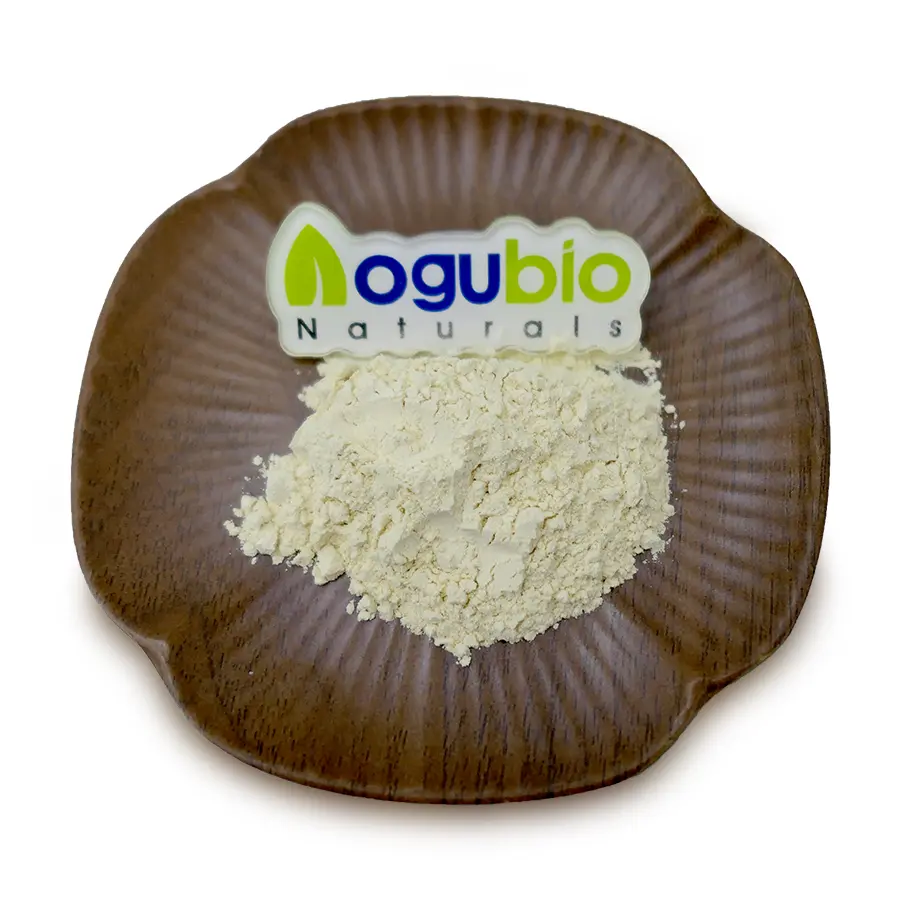
Benefits of Apigenin Powder
Apigenin is known to offer a range of health benefits, from supporting heart and brain health to promoting healthier skin. Most of the studies involving the flavonoid use animal models, but they highlight the potential mechanisms and benefits of this plant nutrient.
- Works as an Antioxidant
- Has Antimicrobial Effects
- Reduces Pain
- Supports Heart Health
- Boosts Brain Function
- Eases Anxiety and Depression
- Fights Diabetes
- Works as an Anticancer Agent
- May Increase Testosterone















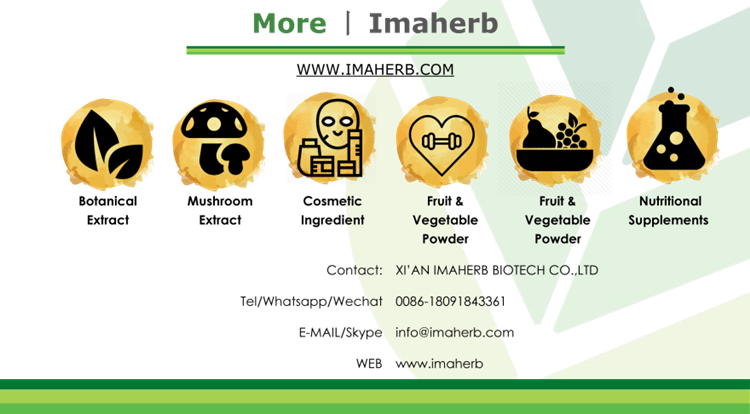
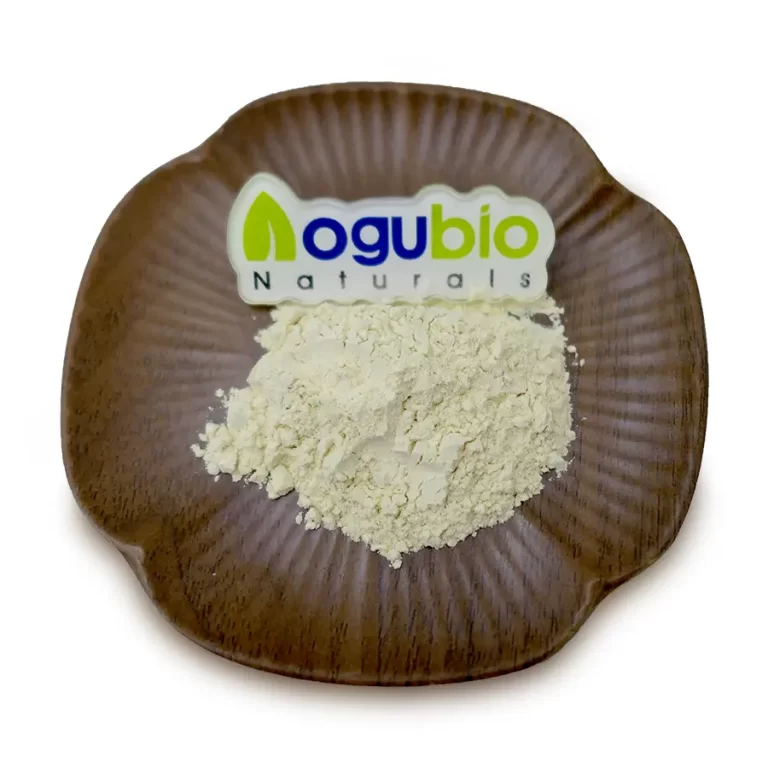
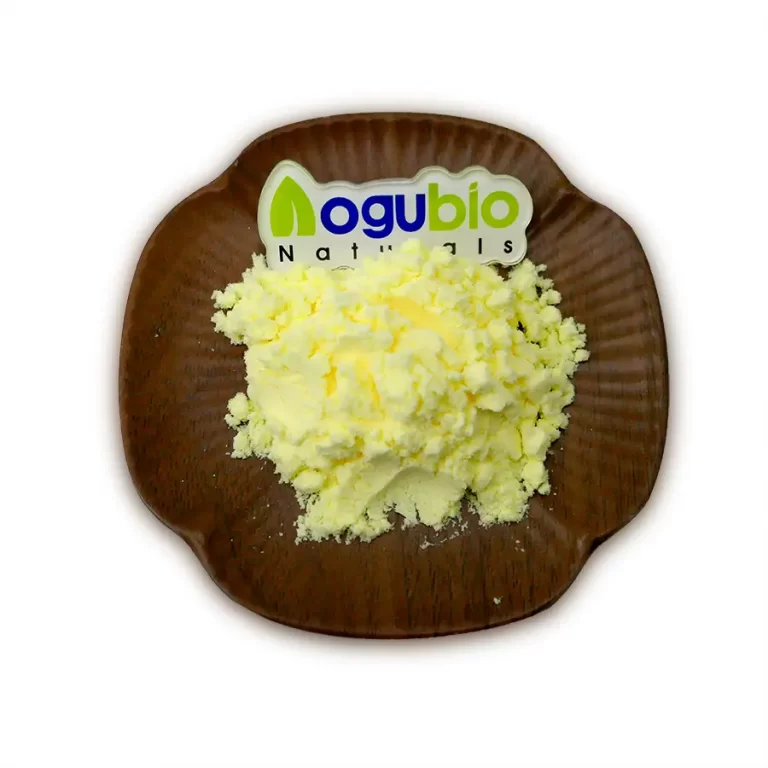
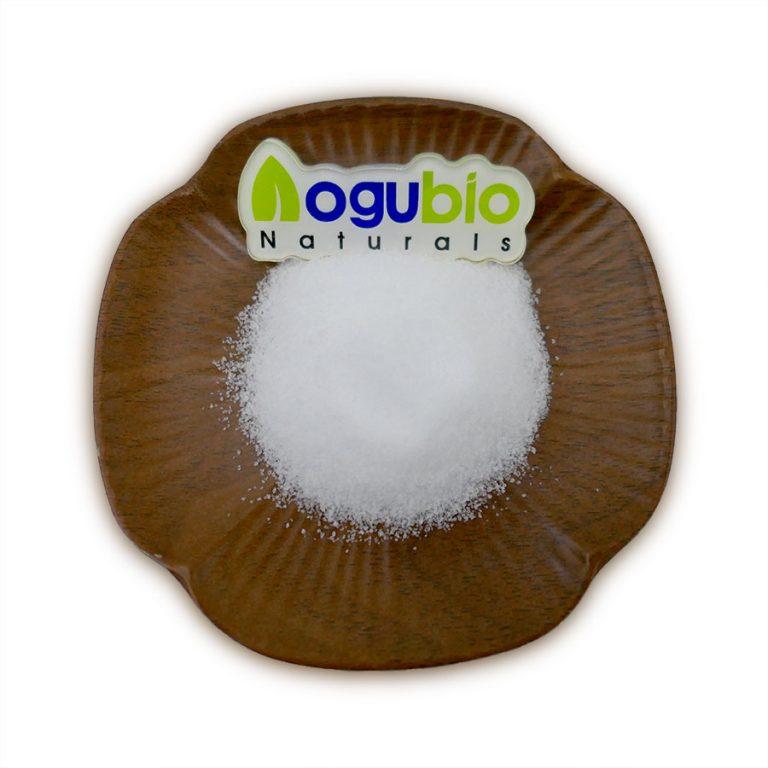

 skype
skype Sales Manager
Sales Manager Rebekah
Rebekah Rachel
Rachel Miranda
Miranda Camilla
Camilla
 Sales Manager
Sales Manager